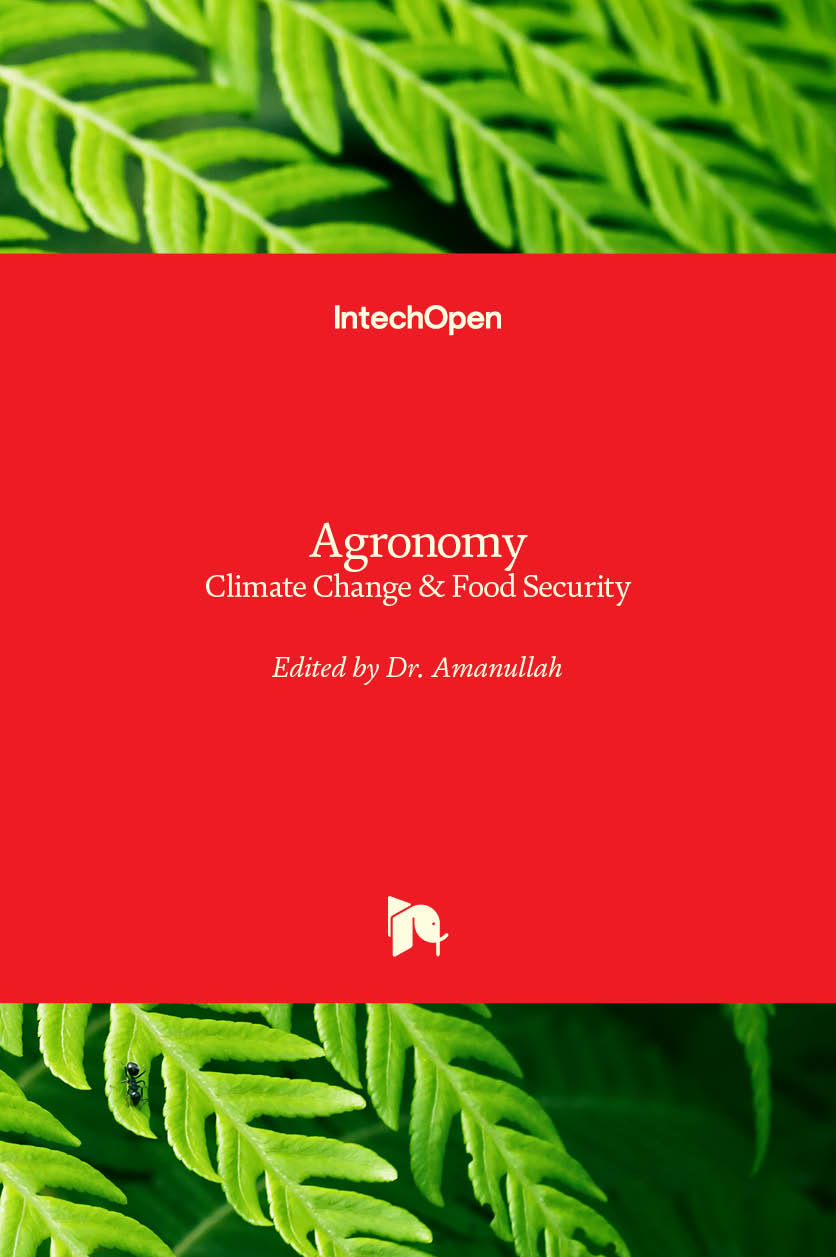- Joined
- Feb 22, 2019
- Messages
- 37,166
- Reaction score
- 24,119
- Location
- The Bay
- Gender
- Male
- Political Leaning
- Progressive
You're right, but that's currently.Today we grow food very well.
The amount of food a particular piece of land produced in 1961 is now producing 3 to 4 times as much food. Generally.
Not so much a debate thing just an interesting thing to understand.
View attachment 67287777
From;
Crop Yields - Our World in Data

Chapter: Factors Affecting Yield of Crops
A good understanding of dynamics involved in food production is critical for the improvement of food security. It has been demonstrated that an increase in crop yields significantly reduces poverty. Y

